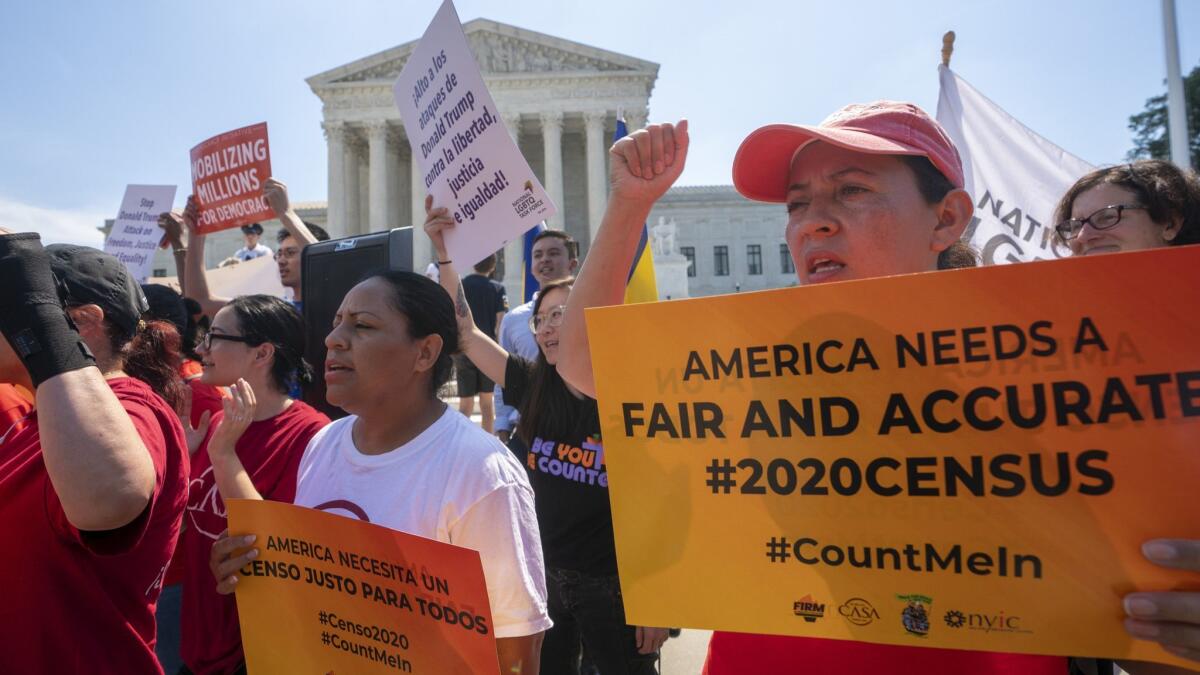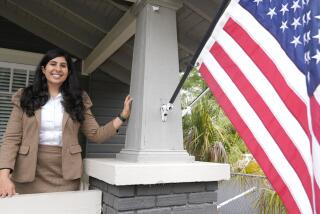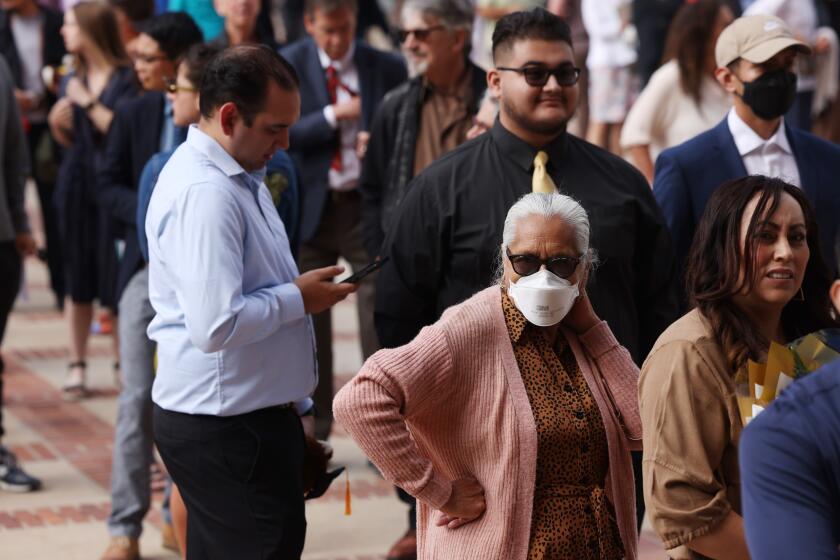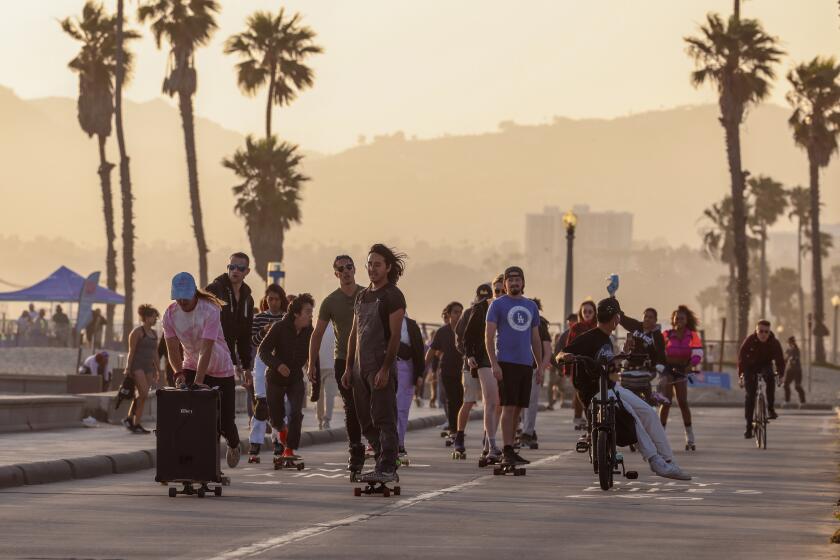Coronavirus closures upend census plans for counting homeless, college students

The closure or quarantining of many homeless shelters, nursing homes and colleges to stem the spread of the coronavirus is forcing the U.S. Census Bureau to change the way it counts some of the most difficult to reach populations, and the closures might mean it takes longer to count the country’s population, census officials warned Sunday.
“Currently, the planned completion date is July 31 — but that can and will be adjusted if necessary as the situation dictates in order to achieve a complete and accurate count,” Commerce Secretary Wilbur Ross said in a statement.
Whether to extend the count and how long it might last are questions that have not been decided, bureau spokesman Michael Cook said. About 3 million of the country’s more than 329 million residents have responded online since March 12.
Even if the planned end of the count is delayed, the bureau is required by federal law to submit the results of the count to Congress and the president by Dec. 31.
“We have decided to move the things that we can move in order to get an accurate count,” Cook said.
The results of the 2020 census will be used frequently over the next 10 years, for such decisions as how many representatives each state gets in Congress and where communities build schools, firehouses and libraries. The changes announced by the bureau, the first since creating a coronavirus task force last week, affect how some of the country’s most-difficult-to-count populations are tallied.
For the first time in history, the bureau is heavily relying on people responding to the census online, and has pushed that method as the spread of the coronavirus, or COVID-19, shutters schools, sports, entertainment and businesses.
April 1 is Census Day. What do you need to know about filling out the 2020 census? What information does the government want, and what ever happened to that citizenship question?
Among the changes outlined by the bureau Sunday, nursing homes, prisons, halfway houses, college dorms and other “group quarters” who requested in-person visits from census workers will be asked to submit responses online or have paper forms dropped off and picked up “to minimize in person contact with our census staff.” Many facilities have begun limiting who can visit, and another option is to have the facilities collect data, including age, date of birth and race, for the census.
With dozens of colleges and universities closing across the country, the bureau is asking the 35% of college and university student housing administrators who had requested to have paper census forms dropped off and picked up at dorms to change their plans.
College students are supposed to be recorded at the dorm or residence they would have been living at April 1, even if they’ve been sent home because of the coronavirus.
In an effort to catch them before the semester ends, the bureau also planned April 9 to begin knocking on the doors of students living off-campus who don’t respond to the census. That has been delayed until April 23.
The bureau’s plan to count the country’s homeless population of an estimated half a million people, one of the most difficult groups to count, is also changing as soup kitchens and shelters weigh closing their doors.
The original plan was to have census workers interview each person staying at an emergency and transitional shelter, or eating at a soup kitchen or mobile food vans between March 30 and April 1.
Instead, the bureau is currently contacting service providers to see if their facilities will be open those days and if they can collect responses to the census themselves.
Rather than starting March 30, the bureau will delay its mobile outreach, which is often set up at grocery stores, churches or festivals in areas with low response rates. It will begin in some locations April 6, and across the country April 13.
In some areas of the country, the closure of libraries has denied the bureau of a resource it hoped to use to boost internet response rates in areas with low home internet access.
“As we transition or move through the process of communities being affected by COVID-19 we’ll have to adjust our ability for people to respond when and where possible,” Cook said.
More to Read
Get the L.A. Times Politics newsletter
Deeply reported insights into legislation, politics and policy from Sacramento, Washington and beyond. In your inbox three times per week.
You may occasionally receive promotional content from the Los Angeles Times.







